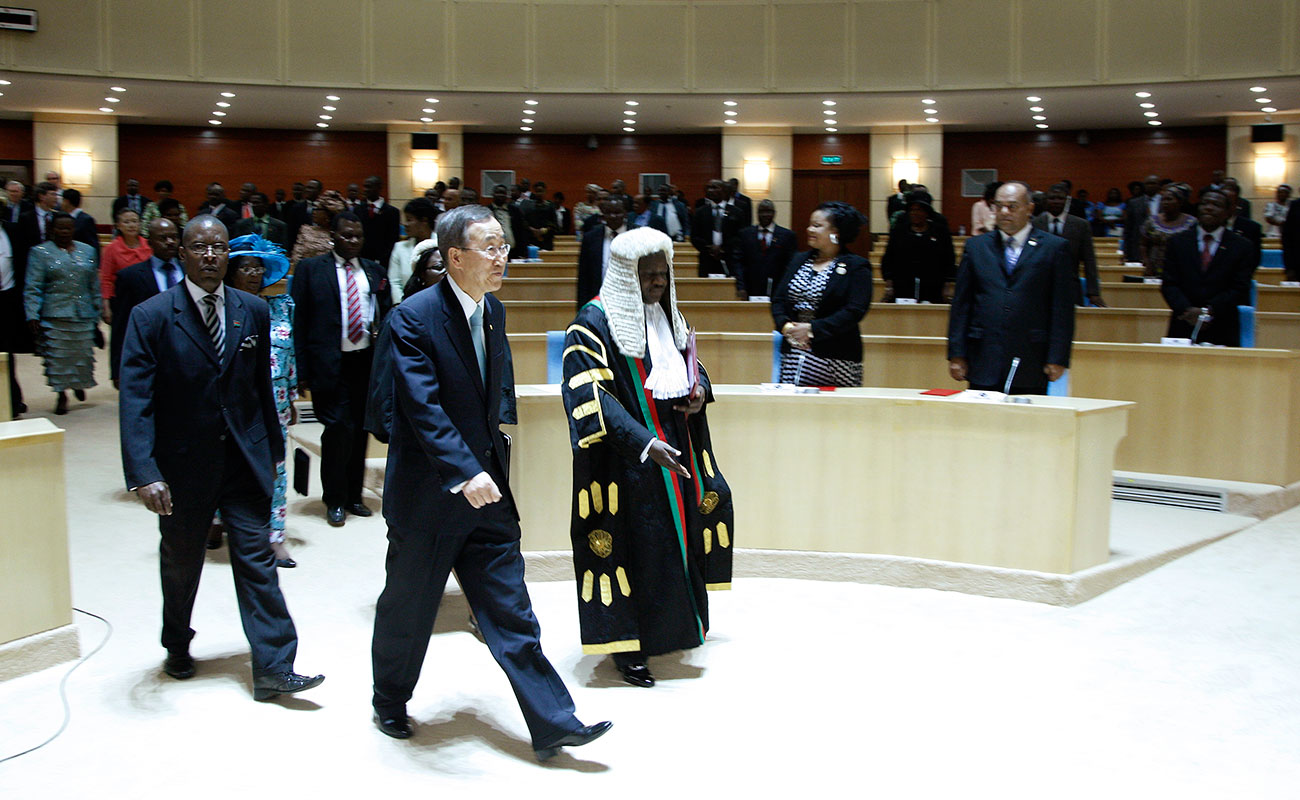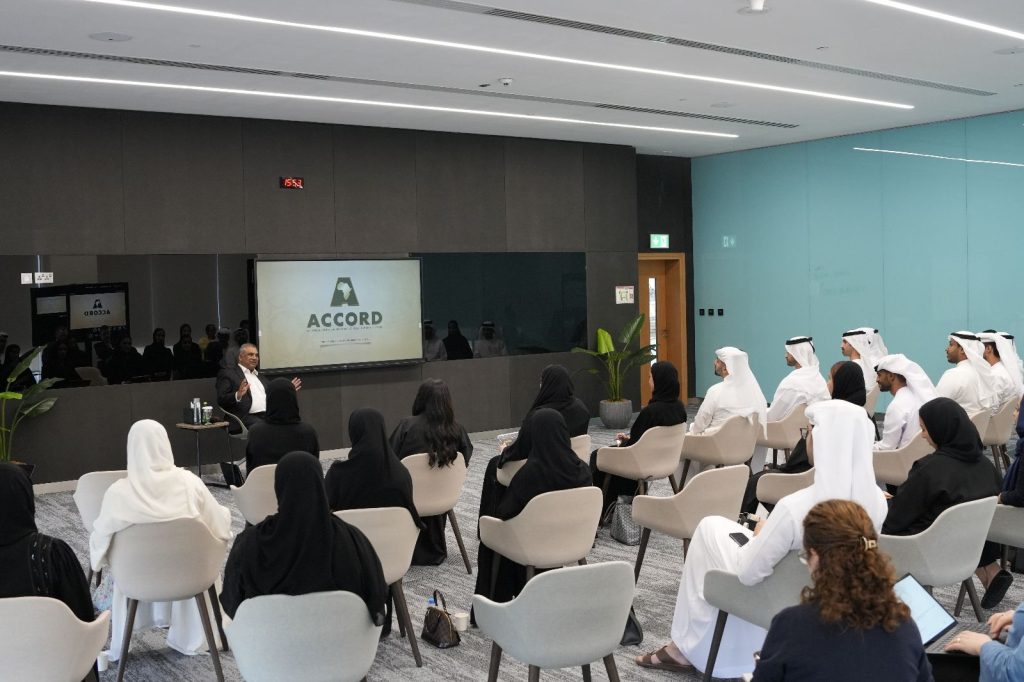The Training for Peace in Africa Programme at ACCORD (TfP/ACCORD) has participated in a ‘Policy to Practice: Peace Operations in Africa Workshop’ in Lilongwe, Malawi. The workshop focused on linking the expectations of United Nations (UN) chapter seven missions to strategic guidance – with specific emphasis on robust operations, which include, the protection of civilians, gender mainstreaming, challenges of transitioning African-led missions to the UN operations; and the transfer of UN peacekeeping security responsibilities to civilian authorities. The Workshop endeavoured to move the discussions and analysis forward, toward greater relevancy for peacekeepers in the field. ACCORD’s expertise in peace operations in Africa strengthened the discussions during the workshop.
The Policy to Practice: Peace Operations in Africa Workshop held in Lilongwe, Malawi from 10-12 July 2014 was organised by the Africa Center for Strategic Studies and the United States Africa Command (AFRICOM). The workshop brought together 45 African peacekeeping experts, future peacekeepers, international peacekeeping experts, international partners, and American government officials to discuss the operationalisation of peacekeeping mandates, and the development of relevant strategic guidance to implement mission mandates. Countries represented in the workshop include: Botswana, France, Ghana, Kenya, Madagascar, Malawi, Mozambique, Namibia, Nigeria, Rwanda, South Africa, Tanzania, United Kingdom, United States of America, and Zambia. TfP/ACCORD was represented by Ms Olivia Victoria Davies – Peacekeeping Unit Programme Officer.
During the workshop, participants reiterated the concept of the responsibility to protect and re-tailoring conflict prevention policies to address new security challenges as essential to effective peace support operations. Participants discussed four main themes: first, robust peace operations; second, the protection of civilians (including the situations in Mali and Eastern Congo and gender mainstreaming); third, the challenges of transitioning African-led missions to UN operations; and lastly, the transfer of UN peacekeeping security responsibilities to civilian authorities. The workshop helped to identify the challenges of coordination between the UN and African Union (AU), the resource constraints faced by African-led missions, and weaknesses in planning for peace operations. The workshop contributed to deepening understanding of what robust peace operations means in contemporary peace operations, and also on the protection of civilians mandate. The peacekeeping practitioners shared lessons learnt to improve protection of civilians and transitioning African-led peace operations to UN missions.
Africa-led and UN peace operations in Africa are mandated to deploy more robust operations; work in a difficult environment with non-state actors, armed groups, and transnational threats; and prioritise the protection of civilians. Despite the understanding of the necessity for more robust mandates, the need to protect vulnerable civilians from different types of violence has increased, and the expectation that African-led missions will frequently intervene ahead of the UN has seen difficulties in terms of operationalisation. The workshop directly addressed these challenges, and the need for more robust peace operations, their mandates, and their support structures to reflect Africa’s complicated security landscape.
This initiative was in line with the TfP/ACCORD’s objectives of contributing towards the development of a multi-dimensional and integrated approach to African peace operations through training, applied research and policy development.
The Training for Peace Programme at ACCORD is an initiative funded by the Norwegian Ministry of Foreign Affairs.








